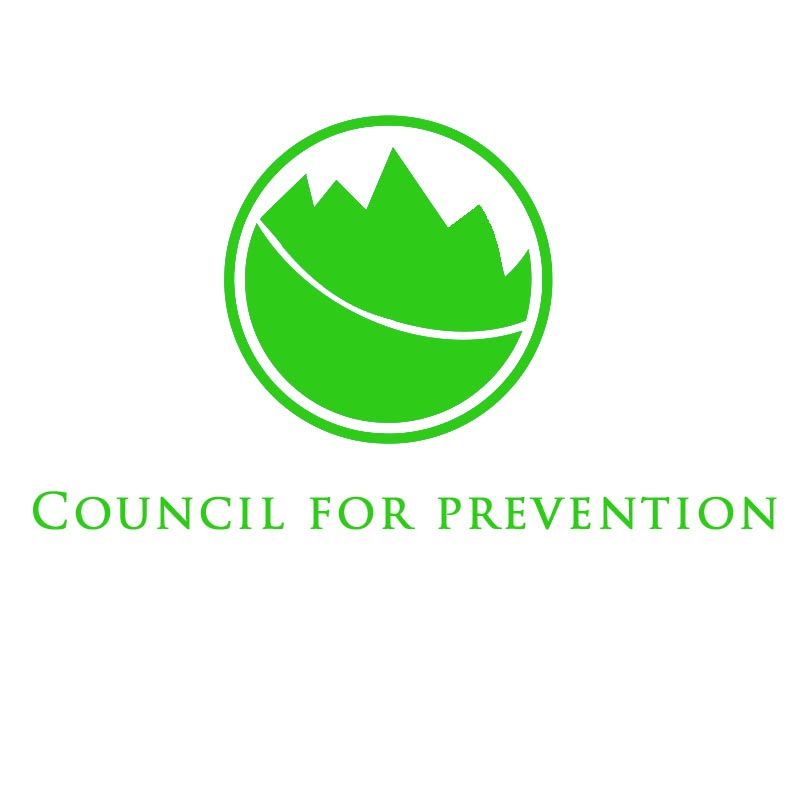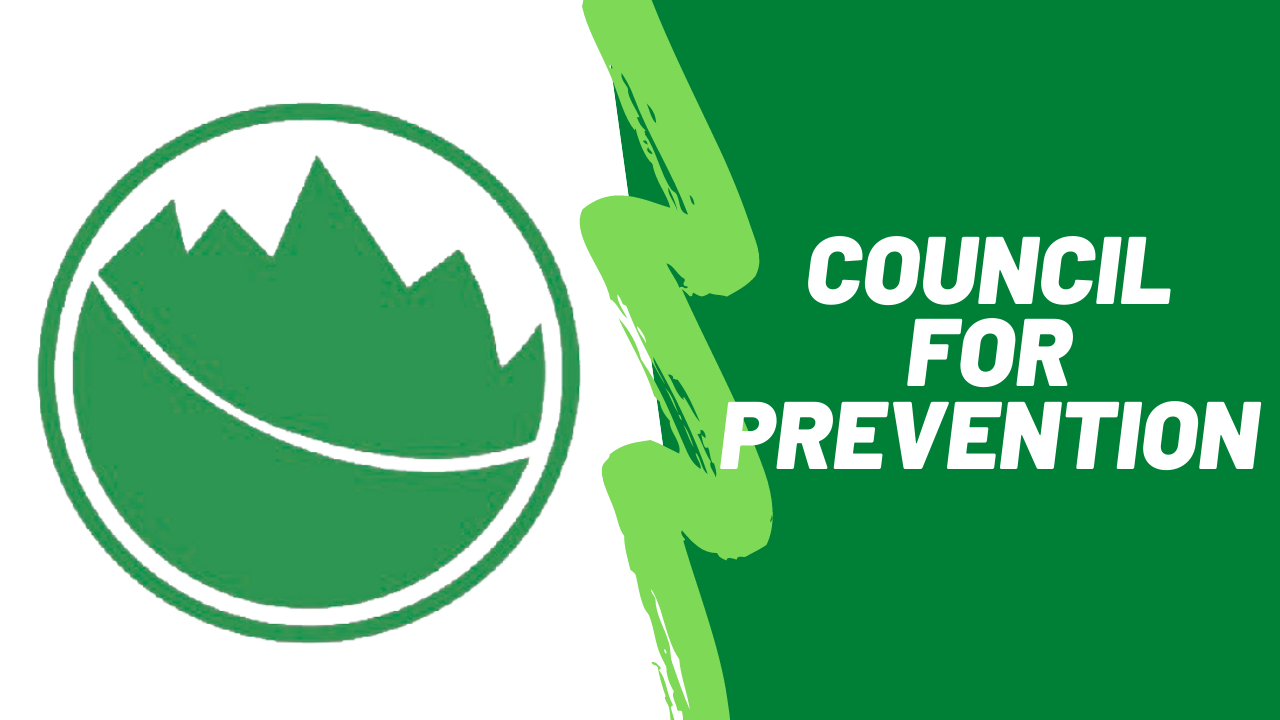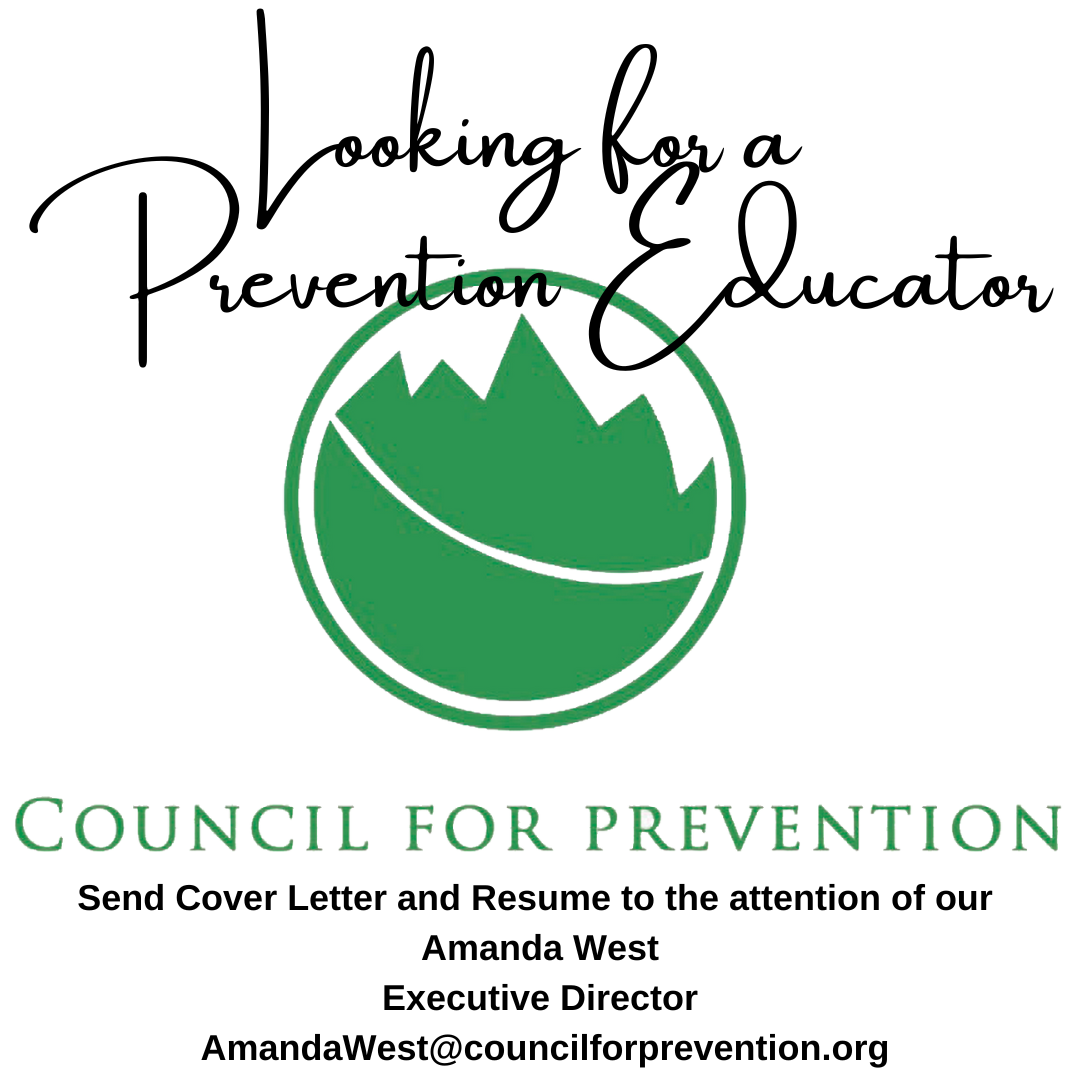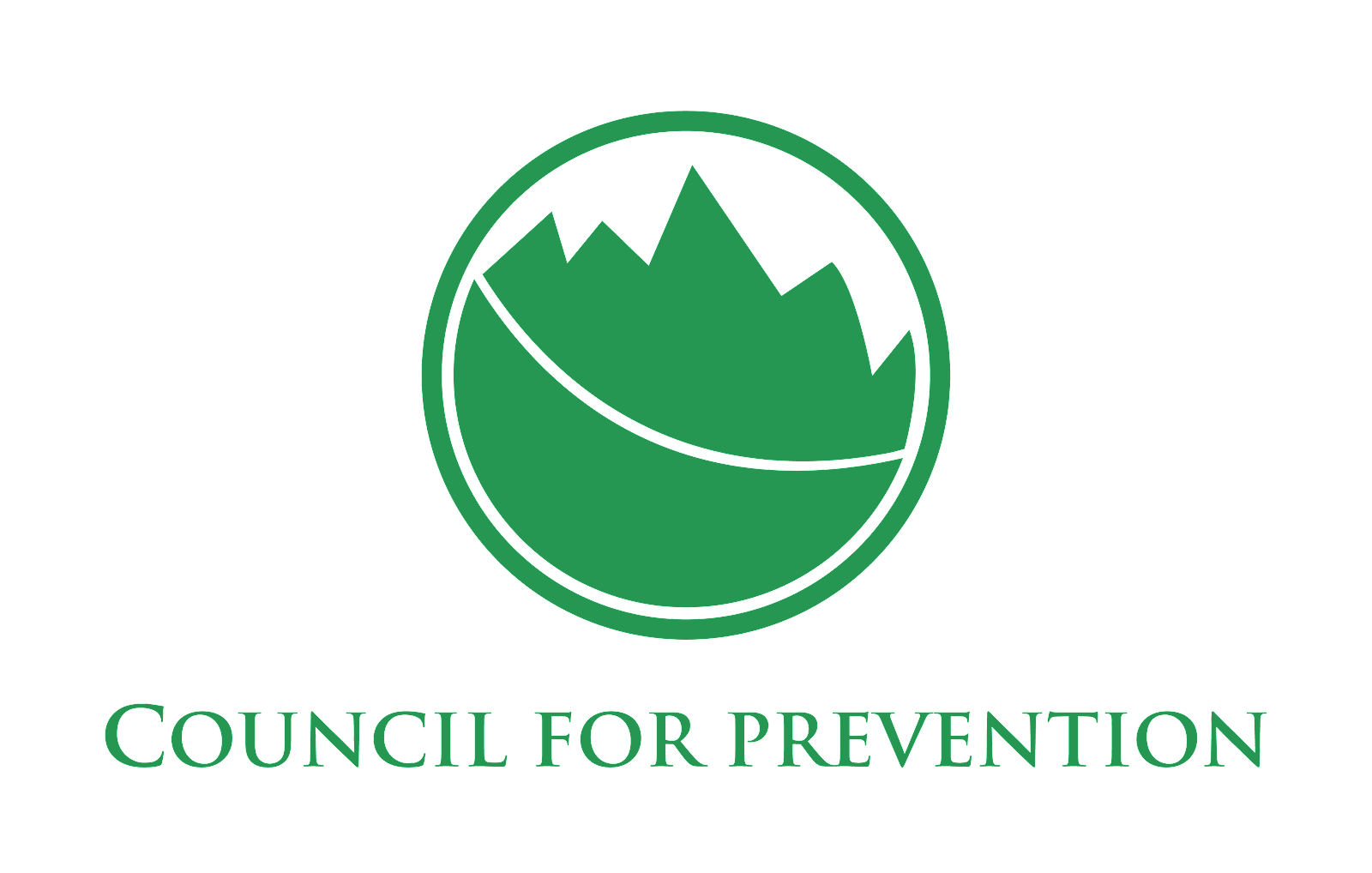Council For Prevention
Overview
Council For Prevention is an substance abuse treatment center that provides outpatient detoxification, for men and women from 18+ years of age. As part of their special programs, Council For Prevention treats children/adolescents with serious emotional disturbance (sed). To help patients achieve sobriety, Council For Prevention provides intake assessments. Afterward, patients receive group counseling and family counseling. during treatment. Council For Prevention is located in Hudson Falls, New York, providing treatment for people in Washington County, accepting cash or self-payment.
Council For Prevention at a Glance
Payment Options
- Cash or self-payment
Assessments
- Comprehensive mental health assessment
- Comprehensive substance use assessment
Age Groups
- Children/adolescents
- Young adults
- Adults
Operation
- Private for-profit organization
Treatment At Council For Prevention

Conditions Treated
Mental health treatment:
Mental health treatment involves a range of therapeutic approaches, provided by licensed professionals, to address mental health challenges. It includes psychotherapy, medication, and holistic practices to help individuals manage conditions, improve coping skills, and enhance overall well-being. The goal is to empower individuals to lead fulfilling lives and reduce the stigma surrounding mental health.
Alcoholism:
Alcohol addiction is a health problem where drinking takes control over a person's life. It affects how their brain thinks and acts, leading to strong desires to drink, bad feelings, sudden actions, and discomfort when not drinking. To help someone with this problem, there are treatments like detox, counseling, group support, and learning coping methods. While treatment can't completely cure the urge to drink, it helps people regain control of their lives and feel better overall.
Opioid Addiction:
Opioid rehabilitation centers are dedicated to assisting individuals on the path to recovery from opioid addiction. They provide specialized care for those struggling with addiction to substances like heroin and prescription opioids such as oxycodone. These facilities offer a comprehensive approach, including medical detoxification, ongoing medical assistance (including medication-based treatment), and therapeutic support to address the root causes of addiction.
Substance use treatment:
Substance use rehabilitation is a comprehensive treatment approach designed to assist individuals struggling with addiction to drugs or alcohol. This form of rehabilitation addresses both the physical dependency, often starting with detoxification, and the psychological triggers, using various therapeutic methods. The objective is to empower individuals to achieve and maintain sobriety, while equipping them with the tools and coping strategies needed to reintegrate into society and lead a substance-free life.
Co-occurring Disorders:
Dual-diagnosis rehabilitation centers focus on treating individuals with simultaneous mental health and substance use disorders. The intertwined nature of addiction and mental health issues can intensify each other's symptoms, complicating recovery. These centers provide a holistic treatment strategy addressing both conditions together, often encompassing thorough evaluations, a blend of therapeutic methods, family counseling, and post-treatment care.

Levels Of Care
Detoxification:
Detoxification, often shortened to detox, is like giving the body a fresh start by getting rid of harmful substances like drugs or alcohol someone may have taken. When a person stops taking these substances, they might feel sick or uncomfortable as their body adjusts to the change. Detox helps ease these uncomfortable feelings while making sure the harmful substances are removed from the body in a safe way. This process helps prevent any additional harm caused by the drugs or alcohol.
Outpatient:
Outpatient treatment in a rehab center offers flexible therapy sessions, typically ranging from 1-3 hours per week, allowing individuals to continue daily activities while receiving care. In contrast, intensive outpatient programs demand a more rigorous commitment, often involving 9-15 hours weekly, providing a more immersive therapeutic environment without the need for inpatient stays.

Treatment Modalities
Group counseling:
Group therapy entails therapeutic sessions conducted in a collective setting rather than one-on-one. It encompasses various modalities, from support groups and experiential therapy to psycho-education and beyond. The approach focuses on treatment and emphasizes the dynamic interactions and shared experiences among group members.
Family counseling:
Family Counseling is a therapeutic service that addresses and resolves conflicts, improves communication, and fosters better relationships within a family unit. Through guided discussions, a trained counselor helps family members gain insight into their dynamics, learn coping strategies, and work towards creating a harmonious living environment. Family Counseling can be a significant step towards improving the overall emotional health and interactions among family members, helping them navigate challenges together in a supportive and constructive manner.
Ancillary Services
Special Programs
- Children/adolescents with serious emotional disturbance (SED)
Contact Information
DISCLAIMER: The facility name, logo and brand are the property and registered trademarks of Council For Prevention, and are being used for identification and informational purposes only. Use of these names, logos and brands shall not imply endorsement. BetterAddictionCare.com is not affiliated with or sponsored by Council For Prevention.




